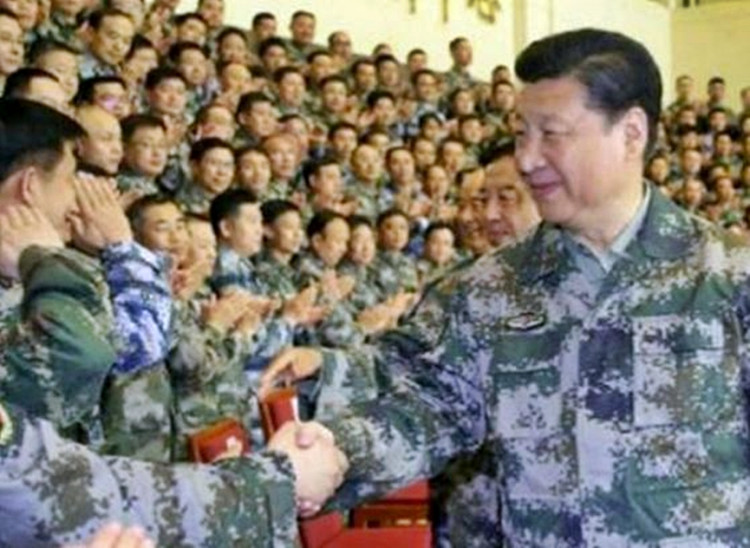China has made a massive investment in its military industry. Over Rmb387bn ($55.6bn) was reportedly made by the government to fund private sector companies behind technologies that can be used in military operations.
According to the Financial Times, the central theme of the 2018 Zhuhai air show was "Civil-Military Fusion." Private companies seemed to be flocking into the nation's defense sector. Exhibitors of this event were eager to show off how their products fit into the national strategy.
An earlier report claimed that this is precisely what the United States is wary of. According to Ozy.com, Washington is worried that the close collaboration between China's private sector and military industry can give Beijing a clear advantage in the so-called arms race.
Recently, Vice President Mike Pence alleged that Chinese authorities have stolen America's "cutting edge military blueprints." The vice president added that Beijing is striving to erode the United States' military edge not just on land, but also in air and space.
Back in May, Chinese president Xi made a speech about strengthening the civil-military fusion. "We must grasp the historical opportunity of the current information technology transformation and new transformation of military affairs [and] deeply understand the immanent relationships of productivity and fighting capability, the market and the battlefield," Xi stated. Since then, large funds have been pouring in these local developments of technologies that can be used in military applications.
According to the National Interest, America's fears might be realized soon. China's military might even become stronger and bigger because of the United Kingdom, an ally of the United States. This is because a British defense company was given an open individual export license to sell target acquisition, weapon control as well as countermeasure systems designed for aircraft, helicopters, and drones to the Chinese Air Force.
This agreement was made two months after British prime minister Theresa May's visit to Beijing. The contract is also unprecedented since there is no cap or limits to the volume of systems that the firm can export to China.
Some analysts, however, are not worried. They claimed that Britain, for its part, is only seeking to diversify their military trade relationships, especially because of BREXIT, where they are engaged in an ongoing extrication from the European Union. Still, Britain's arms exports to China is surely not going to sit well with the United States.






